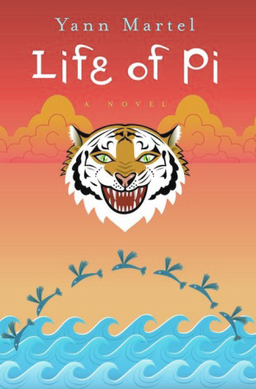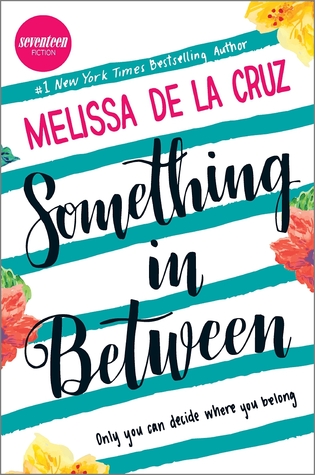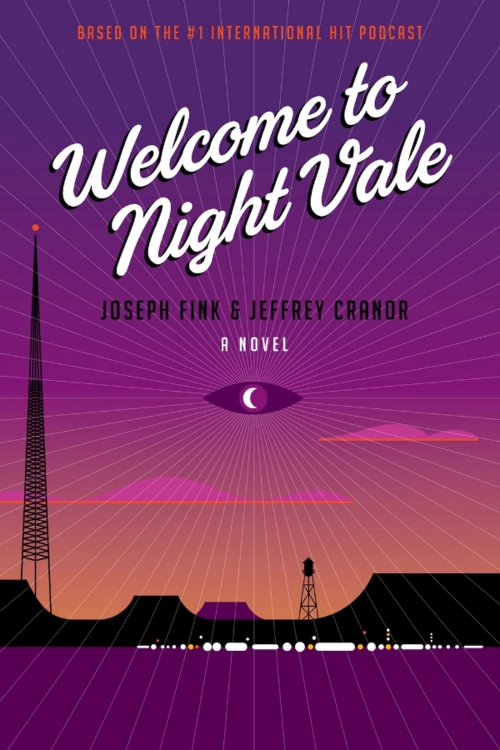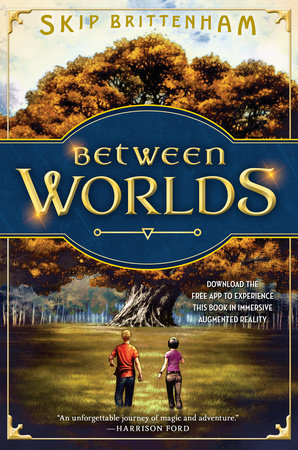Only a few hours from now on this Sunday evening, it will be exactly one week since the car accident that put my roommate and best friend of nearly 10 years in the hospital in critical condition.
It almost seems too quiet for the turmoil raging in my head. Though clouds gather over the evening sky, the air is crisp and warm as a sunset paints the world in low romantic hues of reds and gold. Out in the neighbouring province of British Columbia, hundreds if not thousands of people are picking ripe fruit to send all over Canada. It's hard, hot work, and my roommate, Josi, left with a backpack and a huge smile only a few weeks ago to join them. Previous summers, she'd left on similar adventures, so by now she knew the ropes. This Monday morning would have brought another day of work, and before dawn Josi would be the one to run through the bunk houses cheerfully singing or banging on doors, yelling, "Everybody up now, I need my coffee!" Whichever greeting it was for the day.
But the camps have been quiet this last week.
Not only for Josi but also in mourning, for the accident took the life of a talented young musician named Max. I only arrived home yesterday evening after spending the last four and a half days with her in Kelowna. Josi was airlifted there after the car she was in flew off the road and into a ravine. Her seat belt, though it broke, saved her life. She sustained severe injuries and had to have multiple surgeries to set her bones and repair damaged organs. The list of injuries grows more upsetting the longer it gets, as the number of broken bones almost rises to the double digits.
It's begun to rain here at home, and I can't help but wonder if it's raining over Josi too. There was a quote from V for Vendetta that always stuck with me in a weird way, as I never quite understood it.
"God is in the rain."
I'm not much of a religious person. Neither is Josi. We're both spiritual and we believe in something out there, God, spirits, karma, energy, the universe--whatever. We don't always know what name to put to the forces out there that influence our lives, but we have always felt that presence. One interpretation of the above quote, at least one that I really love, is that there is always something good in the bad. God is in the rain, as in even when you're caught up in storms that seem impassable, you're not alone. There is always love there with you, and God or the universe or karma has not given up on you. There is purpose in suffering, even if by our own human sense of justice, it can seem unfair or imbalanced as to who undergoes what kind of suffering.
When I first arrived at the hospital, Josi was not conscious. She had been initially, was even awake at the scene, as she had no head trauma. One of the more severe and worrying of her injuries-- her broken back-- meant that any sort of movement was dangerous. Josi, being fidgety at the best of times, was kept sedated so she didn't try to move in a way that ended up paralyzing her.
Breathing tubes snaked down her throat. Two monitors showed, I'm sure, every bodily function of hers possible. There were about four IV stands in the room, and probably a dozen or so tubes coming out of her. They'd admitted her to the ICU, and a nurse sat outside her room at all times to keep a watchful eye over her.
To say I was a mess would be an understatement. If my head was a storm cloud, my tears were the unending torrent of rain. Cheesy maybe, but the metaphor is certainly apt for how I felt. Let's just say I'm glad Josi didn't have to see me bawling like a baby. I managed to gather my composure, as hospitals are sadly not an unfamiliar place to me, and pulled out the book I'd brought to read to her.
I'd seen the movie Life of Pi and of course fell in love with the story. I knew the book would be a much more moving experience, and so Josi offered me her copy to read a few months ago. I'd hoarded the book away in my pile, and with the other books on my list I hadn't been able to get to it as quickly as I should have, considering it's a borrowed book. But the tale was both familiar to Josi while being new to me, so I figured it would be the perfect thing to read aloud to her while the drugs kept her sedated and machines reduced her life to a series of graphs and numbers.
I didn't get far in the book, but far enough. I did end up bringing it back to the place I was staying to read, because of course once I started it was hard to stop. I brought the book for Josi, but also hoping that the words would give me some healing as well. And there was so many beautiful words to give me solace in that cramped ICU room.
"I am not one to project human traits and emotions onto animals, but many a time during that month in Brazil, looking up at the sloths in repose, I felt I was in the presence of upside-down yogis deep in meditation or hermits deep in prayer, wise beings whose intense imaginative lives were beyond the reach of my scientific probing. Sometimes I got my majors mixed up. A number of my fellow religious studies students--muddled agnostics who didn't know which way was up, who were in the thrall of reason, that fool's gold for the bright-- reminded me of the three-toed sloth; and the three-toed sloth, such a beautiful example of the miracle of life, reminded me of God."
Josi reminded me of a three-toed sloth strapped to that belt, her arms literally tied down with bandages to keep her from upsetting her spine. As I read to her, the story of Pi Patel's life unfolding, she began to transform from a sloth back to a human, back to the dragon she was. She began to fidget and turn, and come back more and more. Even after they upped the sedation, she continued to push back to the surface. The first moment she opened her eyes and looked up at me, my smile stretched so big it felt like it would break my face.
"Are you with me?" I asked, but hell, I didn't think she'd nod! She fought her way back to consciousness just enough to squeeze my hand back. After only a few days and after undergoing three different surgeries, Josi slowly came back to herself. I asked her if she wanted me to keep reading to her, and she nodded.
I felt like, hey, at least I can do something.
The next few days I spent with her, she recovered incredibly quickly. To the point that amazed me, and made me wonder how the heck she could be so strong. She had full mobility in her hand with her broken wrist. She can wiggle her toes and move her foot on the ankle she broke. Her abdominal injuries are healing and her back was fitted with a brace, so moving her isn't so much of a concern anymore (aside from pain).
Despite all this, Josi's spirit is incredibly strong. The first day after regaining consciousness she was singing and joking around with us. When her dad listed off the injuries she had, she shook him off and simply said, "I'm alive."
By the grace of something, that's for certain. When Josi's seat belt broke and she was ejected from the car, someone or something was there to help cushion her fall. May sound crazy to some, but I've never really cared if people called me names. Initially upon waking, Josi told me her grandfather (who had passed away when she was a child) had been there to save her. "He looked like an angel, or Jesus, and he held me in his arms and cried before sending me back, because it wasn't my time."
It's hard not to believe in God, to believe in angels or karma or even damn luck, when you're sitting in the ICU gripping someone's hand. It's hard not to question the justice in it all, or look for meaning in it, or look for something to blame. With Life of Pi as my bible, I know I was looking for God within those hospital walls. They say more prayers are uttered in hospitals than in churches, though I believe not because people are unfaithful, but because hospitals are where prayers are needed most.
We all believe in something. We can also believe in things simultaneously, things that others may think contradict each other. Like with Pi Patel, who was a Hindu, Muslim, and Christian. Someone once said to know a man's beliefs is to know the man, and that is certainly true.
I can't even begin to explain what I felt watching Josi's recovery in the time I was able to be with her. She laid in bed and told me of the beautiful yellow dragon that snaked around her room, shyly hiding his face from view, but watching over her. I told her it was her guardian spirit, there to protect her when I couldn't. I told her it must've come back with her when she went to the other side with her grandfather. Hallucination or not, she looked up at that dragon with such love and gratitude in her eyes, I couldn't help but feel like she was looking up at God.
I think I reacted the same way a lot of other people do when they get the Bad News Call. The night I received the news, shock snapped over me like a bear trap, and I argued vehemently in my head with the notion that it was even real. I called upon God, though in an unclear and ambiguous way, and questioned why this had to happen to someone so kind and compassionate. Someone who always put others first. Who in the hospital screamed the first day she was conscious, defending her friend, the driver, because he merely fell asleep at the wheel. Why did this have to happen to them and not someone else? If I was angry at anyone throughout all this, I was angry at God, or fate, or karma.
Yet at the same time, I couldn't be more grateful. She's alive. She will walk again. Whatever fate tipped her into that accident tipped her right back and kept her alive.
I'm not sure what I walked out of that hospital feeling. I don't know what I believe-- hell, even down to the shifting stories of events, it's like trying to piece a broken vase back together. Even if God wasn't there on that roadside, even if it came down to dumb freaking luck that she lived and Max didn't, I do know one thing for certain:
I believe in Josi. And I believe in her strength.
Thank you so much for reading this post, if you've made it this far. I rambled, but it was to get some healing from writing, the same way I find healing in reading. If you have any pennies to spare, there has been a
Go Fund Me account started for Josi. The account is to cover medical expenses and transportation and eventual physio and rehabilitation. She will have to learn to walk again. There's a lot of details yet to handle-- the forefront of which will be somehow getting her home--but that's what it all comes down to: details.

















